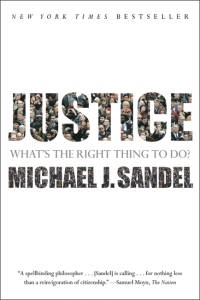Michael Malice invited Dave Smith and Curtis Yarvin onto his show “Your Welcome” to discuss Yarvin’s critique of libertarianism. Yarvin’s arguments aren’t all that novel or interesting, but Malice and Smith keep the show lively by interjecting humor and sensible opinions.
Yarvin thinks libertarianism is unstable, but doesn’t make any arguments as to why. He assumes doomsday scenarios would be triggered by an abrupt move to libertarian principles, e.g. an end to inflation. He thinks libertarianism is not the most effective way to solve problems because it prohibits the use of aggression. And he apparently likes aggression very much, because he argues in favor of inflation, taxes, and wealth redistribution as a practical strategy for improving society. Apparently when he moved away from libertarianism, he moved in the direction of the liberals he so despises.




 A member of both the
A member of both the 


 The term capital is used in
The term capital is used in  Some like to describe ancaps as
Some like to describe ancaps as